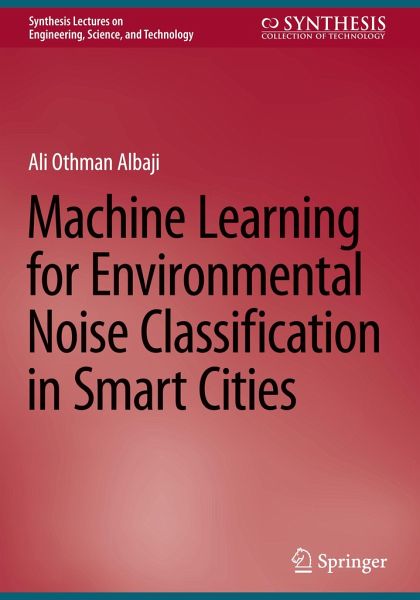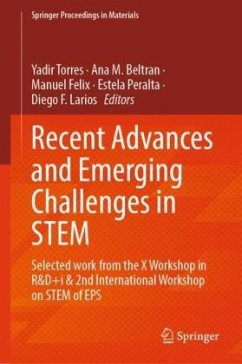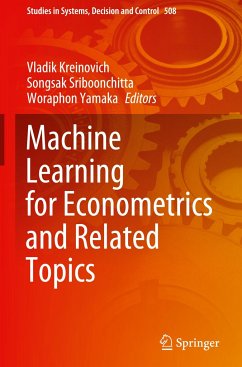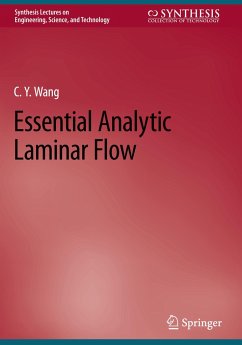
Machine Learning for Environmental Noise Classification in Smart Cities
Versandkostenfrei!
Versandfertig in 6-10 Tagen
42,99 €
inkl. MwSt.
Weitere Ausgaben:

PAYBACK Punkte
21 °P sammeln!
We present a Machine Learning (ML) approach to monitoring and classifying noise pollution. Both methods of monitoring and classification have been proven successful. MATLAB and Python code was generated to monitor all types of noise pollution from the collected data, while ML was trained to classify these data. ML algorithms showed promising performance in monitoring the different sound classes such as highways, railways, trains and birds, airports and many more. It is observed that all the data obtained by both methods can be used to control noise pollution levels and for data analytics. They...
We present a Machine Learning (ML) approach to monitoring and classifying noise pollution. Both methods of monitoring and classification have been proven successful. MATLAB and Python code was generated to monitor all types of noise pollution from the collected data, while ML was trained to classify these data. ML algorithms showed promising performance in monitoring the different sound classes such as highways, railways, trains and birds, airports and many more. It is observed that all the data obtained by both methods can be used to control noise pollution levels and for data analytics. They can help decision making and policy making by stakeholders such as municipalities, housing authorities and urban planners in smart cities. The findings indicate that ML can be used effectively in monitoring and measurement. Improvements can be obtained by enhancing the data collection methods. The intention is to develop more ML platforms from which to construct a less noisy. The second objective of this study was to visualize and analyze the data of 18 types of noise pollution that have been collected from 16 different locations in Malaysia. All the collected data were stored in Tableau software. Through the use of both qualitative and quantitative measurements, the data collected for this project was then combined to create a noise map database that can help smart cities make informed decisions.












